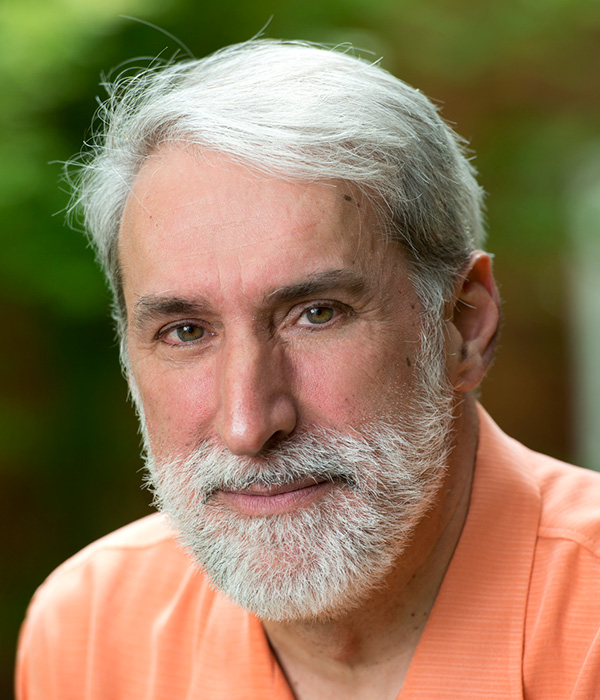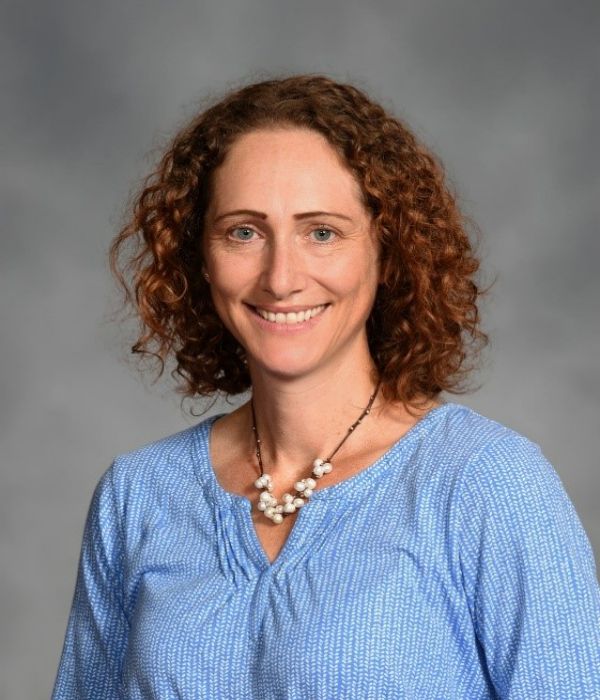2024 Speaker Information

R.T. Major Keynote Speaker
Daniel G. Nocera
Patterson Rockwood Professor of Energy
Harvard University
"The Global Energy Challenge"
Thursday, April 4th, 2024
1:00 PM - 2:00 PM
CHEM A-203
"Food and Fuel from Thin Air, Any Water and the Sun"
Friday, April 5th, 2024
11:00 AM - 12:00 PM
CHEM A-203
Daniel G. Nocera is the Patterson Rockwood Professor of Energy at Harvard University. Nocera is recognized for his discoveries in renewable energy, originating new paradigms that have defined the field of solar energy conversion and storage. Nocera created the field of proton coupled electron transfer (PCET) at a mechanistic level by making the first measurement that allowed an electron and proton to be timed. On this experimental foundation, he provided the first PCET theory. Within this framework, he is the inventor of the Artificial Leaf and the Bionic Leaf, discoveries set the stage for the large-scale deployment of distributed solar energy for fuels and food production. Complementing his interest in solar energy conversion, Nocera has pioneered the implementation of PCET in radical enzymology, explored photo-/electro- redox catalysis mechanisms for applications in organic synthesis, and designed layered antiferromagnets to explore exotic states arising from highly correlated spins, creating the spin ½ quantum spin liquid on a kagomé lattice, a long-sought prize in condensed matter physics. His group has also created nanocrystal sensors for the metabolic profiling of tumors, a technique used by clinicians to develop new cancer drug therapies. Afield from chemistry, Nocera invented the Molecular Tagging Velocimetry to make simultaneous, multipoint velocity measurements of highly three-dimensional turbulent flows. This fluid physics technique has been employed by the engineering community to solve long-standing and important problems that had previously escaped characterization.
Nocera has been awarded the Leigh Ann Conn Prize for Renewable Energy, Eni Prize, IAPS Award, Burghausen Prize, Elizabeth Wood Award and the United Nation’s Science and Technology Award for his discoveries in renewable energy. On this topic, he has also received the received the Inorganic Chemistry, Harrison Howe, Remsen and Kosolapoff Awards from the American Chemical Society. He has received honorary degrees from Harvard University, Michigan State University and the University of Crete. He is a member of the American Philosophical Society, American Academy of Arts and Sciences, the U.S. National Academy of Sciences and the Indian Academy of Sciences, and he is a Fellow of the Royal Society of Chemistry. He was named as 100 Most Influential People in the World by Time Magazine and was 11th on the New Statesman’s list on the same topic. He is a frequent guest on TV, radio and is regularly featured in print. His latest feature in Leonardo DiCaprio’s film, “Ice on Fire” premiered at Cannes Film Festival in May 2019 and was released internationally in June 2019.
Nocera began his career at Michigan State University, where he was a University Distinguished Professor and then in 1997 joined the faculty of MIT where he was the Henry Dreyfus Professor of Energy. Nocera has mentored 182 Ph.D. graduate and postdoctoral students, 82 of which have assumed faculty positions, published over 500 papers, given over 1100 invited talks and 143 named lectureships. Nocera founded Sun Catalytix, a company committed to developing energy storage technologies for the widespread implementation of renewable energy; the coordination chemistry flow battery technology invented by Sun Catalytix is now commercialized by Lockheed Martin under the venture, GridStar Flow and allows for large grid scale storage for the widespread adoption of renewable electricity. A second company founded by Nocera, Kula Bio, is focused on the development of a living biofertilizer for renewable and distributed crop production and land restoration.

R.T. Major Invited Speaker
Elizabeth Young
Assistant Professor of Chemistry
Lehigh University
"From Photodynamic Therapy to Photovoltaics: Photophysics of Pd(II)biladiene and Charge Carrier Dynamics in Thin Films of Light Harvesting Sb2S3 "
Thursday, April 4th, 2024
3:30 PM - 4:30 PM
CHEM A-203
Elizabeth R. Young grew up in eastern Pennsylvania in the United States. She attended Haverford College as an undergraduate where she majored in Chemistry and minored in German, while also playing intercollegiate soccer and squash. As an undergraduate researcher, Liz worked in with Prof. Julio de Paula on porphyrin-peptide nano-wires – during which time her love of photochemistry and spectroscopy was ignited. After completing her undergraduate studies, Liz spent a year abroad in Germany as a participant in the Congress-Bundestag Youth Exchange for Young Professionals. While in Germany, Liz learned about the German culture and language while working in the biophysical laboratory of Prof. Dr. Joachim Spatz at the University of Heidelberg. Upon returning to the U.S., she attended graduate school at the Massachusetts Institute of Technology earning a Ph.D. in Physical Chemistry. Her work in the laboratory of Prof. Daniel G. Nocera focused on photo-induced charge transfer coupled to proton motions in small-molecule donor-acceptor systems. Liz then spent two years as an NSF ACC-F post-doctoral fellow in the electrical engineering laboratory of Prof. Vladimir Bulovic at MIT learning about charge transfer in organic semiconductor devices.
In 2011, Liz began her independent career working with undergraduate students at Amherst College. Liz moved back to Pennsylvania in 2017 to Lehigh University where she is currently an Assistant Professor. Her research efforts focus on understanding excited-state charge transfer processes for a range of applications, including excited-state proton-coupled electron transfer reactions in model system and photo-induced charge transfer in materials of interest for next generation photovoltaic devices.